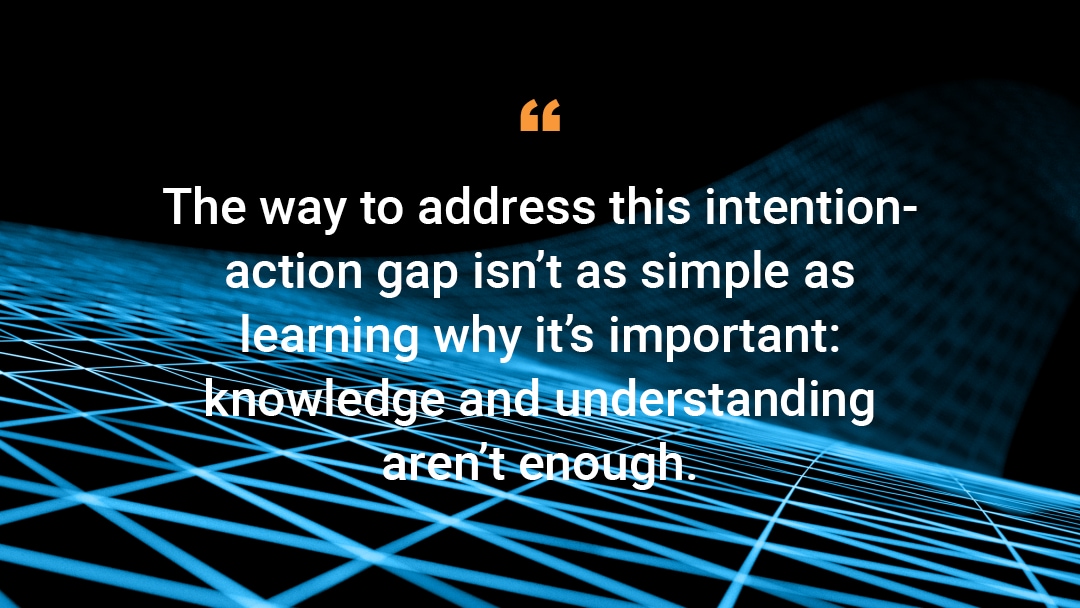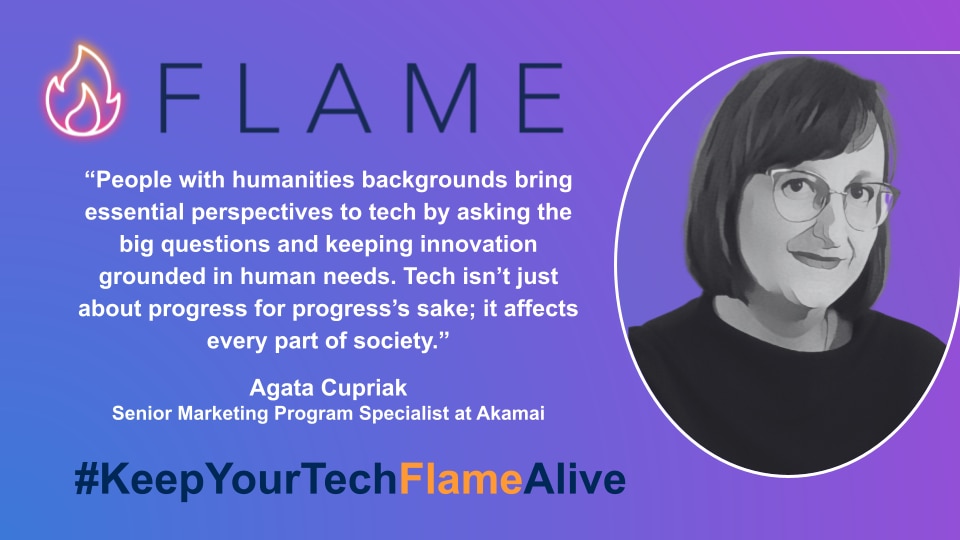Taking Action This Earth Month

There's a fascinating human phenomenon often studied in the behavioral science field called the intention-action gap. It's when you have every intention of doing something, but it just doesn't happen. It's when you say you care about your health, but eat junk food. When you say you care about workers' rights, but buy products manufactured in unethical conditions.
This theory comes to life when we try to commit to sustainable behaviors, as well. In one survey, 65% of respondents said they would buy from purpose-driven, sustainable brands, but only about 26% actually did so. Many people say they care about environmental issues, but are unwilling to take actions that help address those issues, especially if they will experience any inconvenience.
Unfortunately, the way to address this intention-action gap isn't as simple as learning why it's important. Knowledge and understanding aren't enough; otherwise, we would all be doing our physical therapy exercises as prescribed and bringing our reusable bags each and every time we go shopping.
So, this Earth Month, in partnership with our friends at Akamai Technologies, Inc., we ask: How do we close the intention-action gap and start to walk our sustainable talk?
Keep it simple. Humans naturally gravitate to what is easy. If a new behavior is even slightly more difficult, you'll probably avoid it. So, think in baby steps. Throw a few reusable bags into your car's trunk so they're at the ready when you walk into a store. Research green cleaning products and toiletries before you go shopping so you can easily pick the one you want when you're there. Keep reusable wool dryer balls in your dryer so you're not grabbing single-use dryer sheets. Composting at home too daunting? Outsource it instead.
Make it automatic. Take the thinking out of your process. In Nudge: Improving Decisions About Health, Wealth, and Happiness, the authors recommend making the default the option you really want to take. Simply adjusting your programmable thermostat to be one or two degrees warmer in the summer and colder in the winter saves energy without massive changes in temperature. Change your washing machine's default temperature to cold so you're not wasting energy to heat water. Set your computer's sleep setting to come on earlier and make sure your printer automatically prints double-sided.
Build it into your routine. Try "piggybacking" or integrating a new behavior into an existing routine. Behavioral scientist Dr. BJ Fogg recommends adding or stacking a new behavior onto an existing one. Dr. Fogg does push-ups after every trip to the bathroom, for example, but you can easily utilize this tactic to bring your environmental values to life. "Stack" a behavior like walking around your house turning off lights next to brushing your teeth before going to bed, so that right after -- during -- your nighttime brush, you're also making sure you're not leaving the lights on overnight. Each time you grocery shop, make at least one brand choice based on the more sustainable packaging. Add the behavior of buying a carbon offset for your flight right after you save the flight info on your calendar so that you "automatically" reduce your carbon impact.
Join WeSpire and Akamai in choosing environmental habits you want to commit to by making them simple, making them automatic, and building them into your routine. Together, we can be Driving Change for a Better World by making a difference, one action at a time.
Kenda Carlson is a Senior Manager with WeSpire, an online platform, driven by proven behavioral science, that encourages the entire workforce to make a positive impact at work and in their communities. Akamai is proud to use WeSpire for our employee engagement.
To learn more about Akamai's sustainability commitments, visit akamai.com/sustainability.





